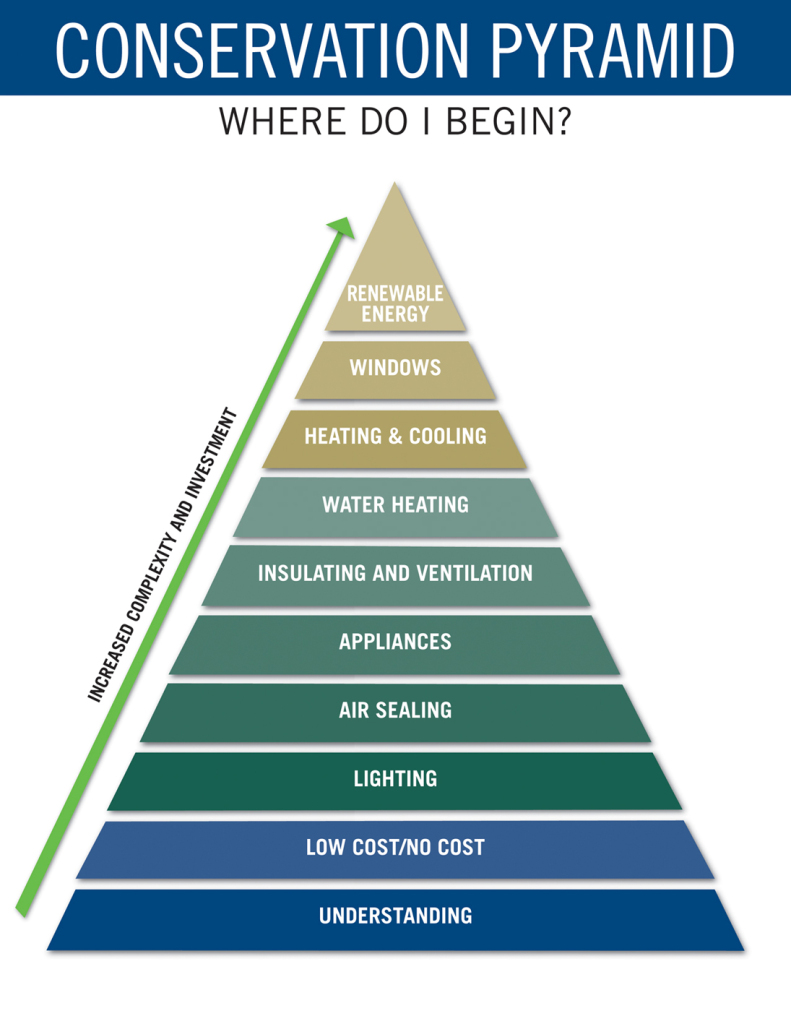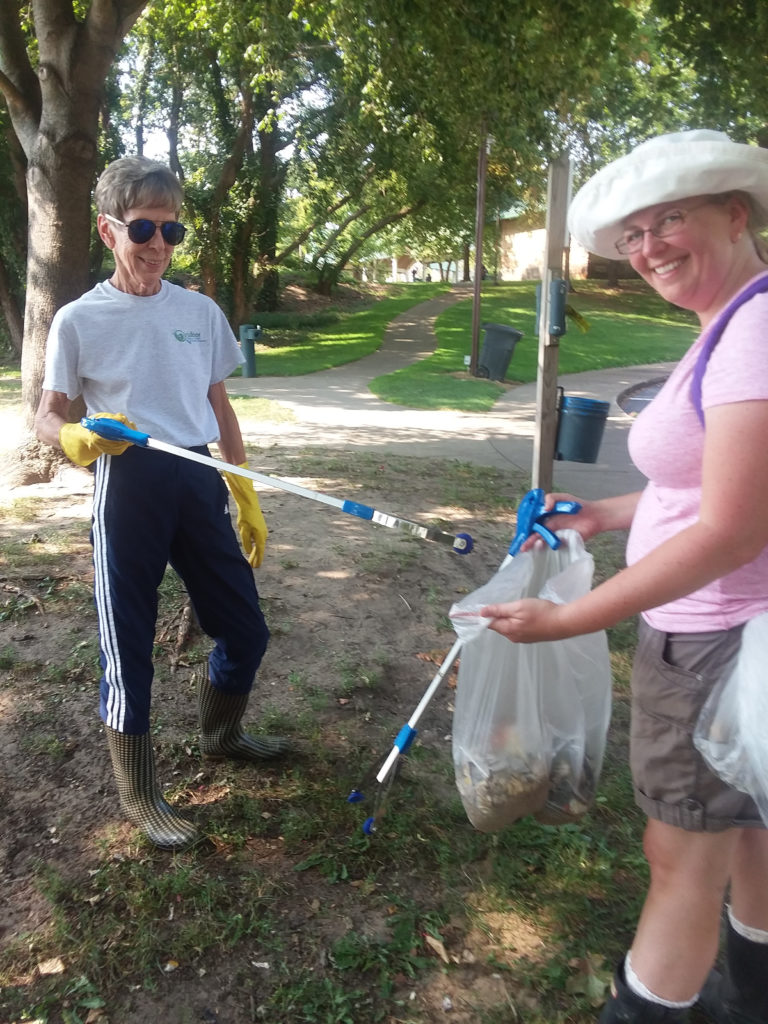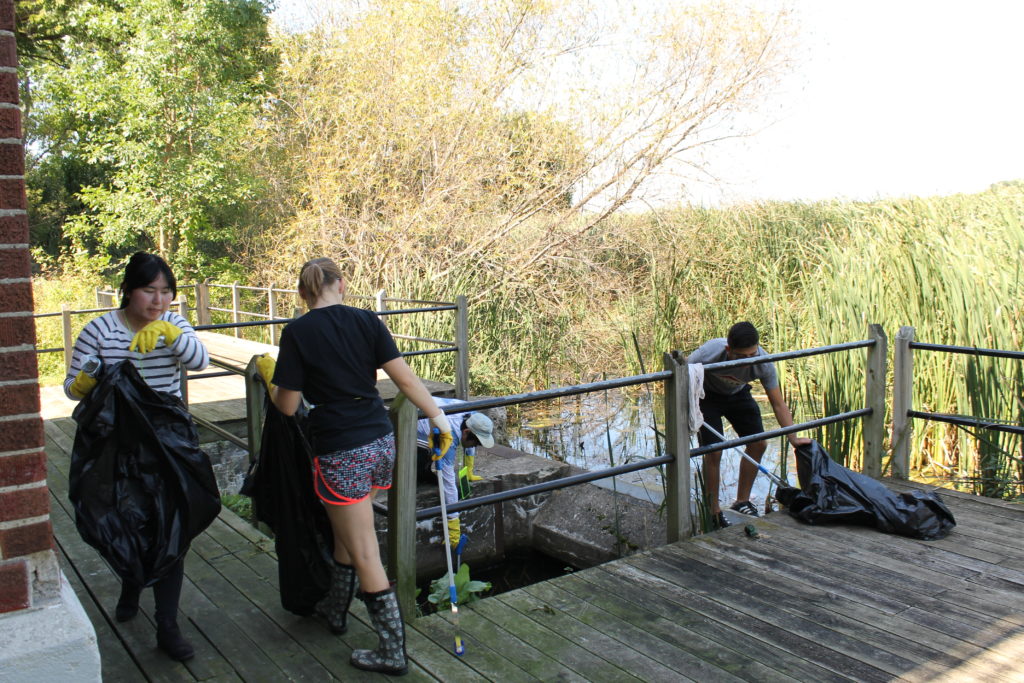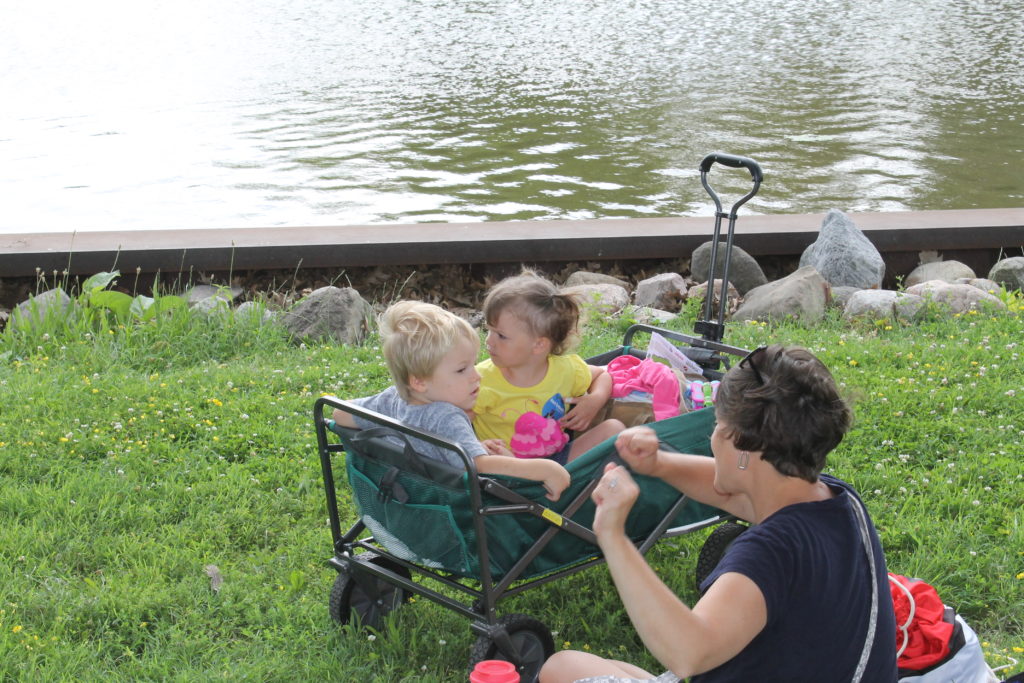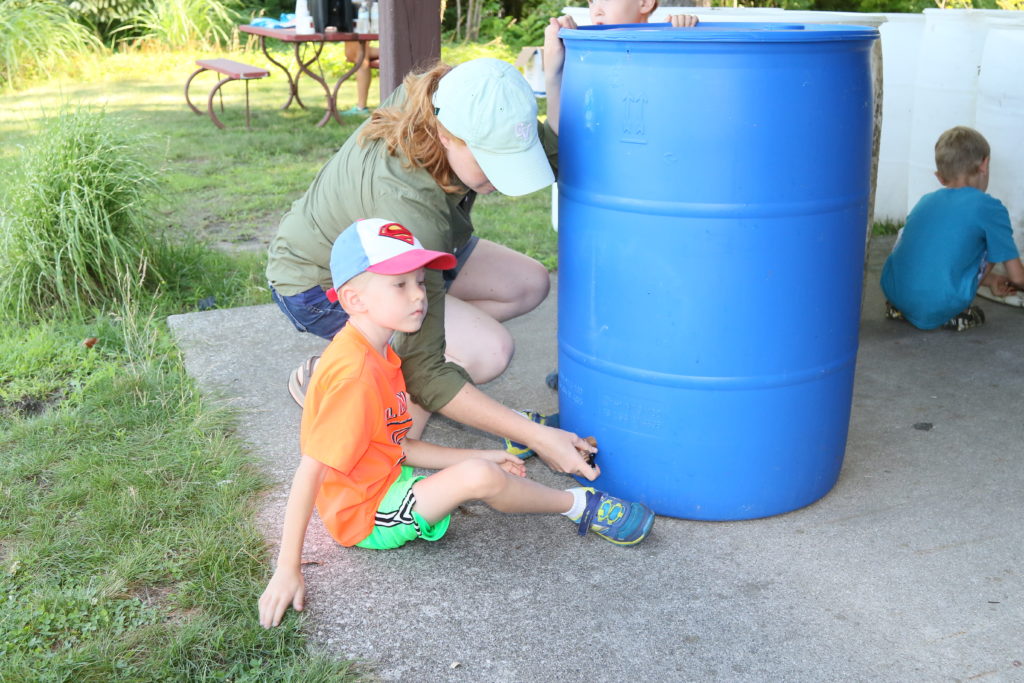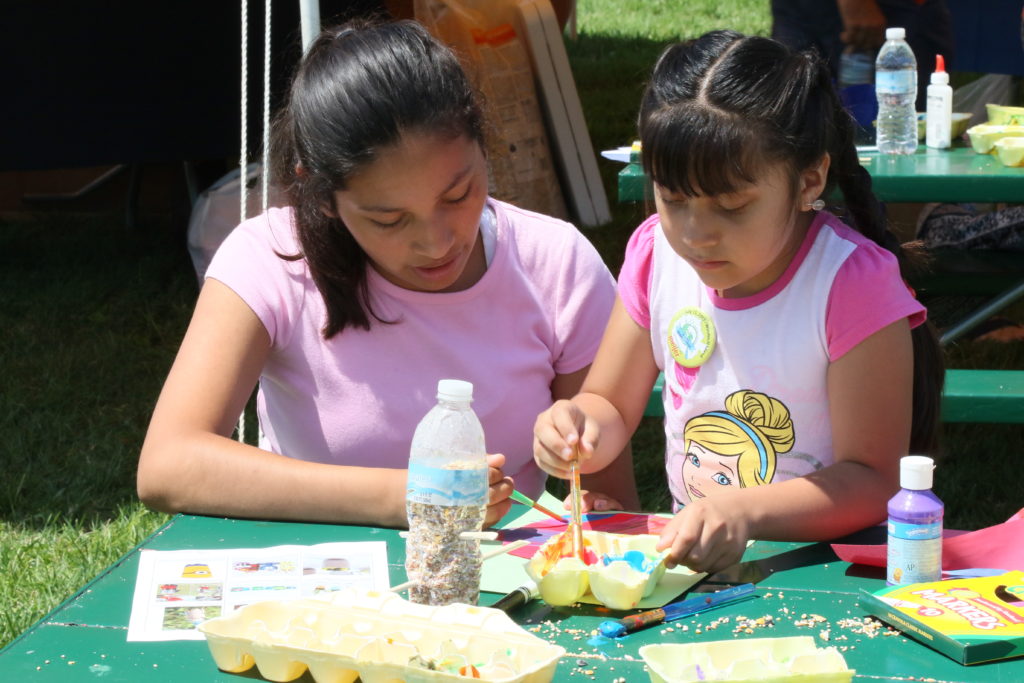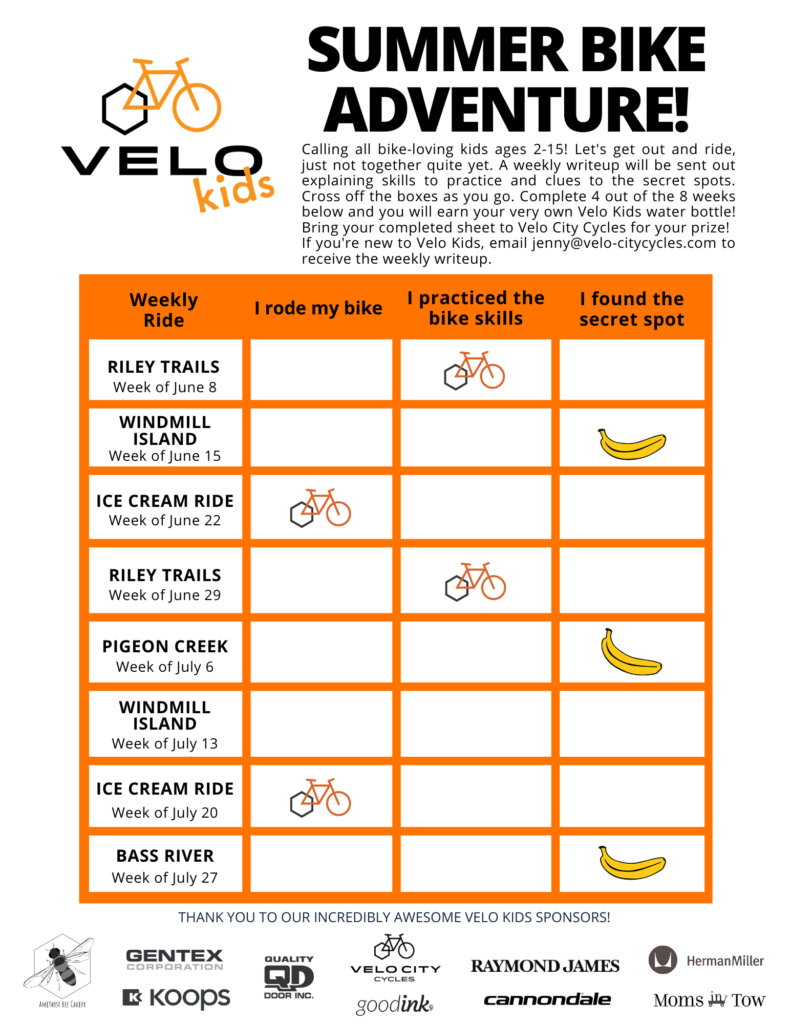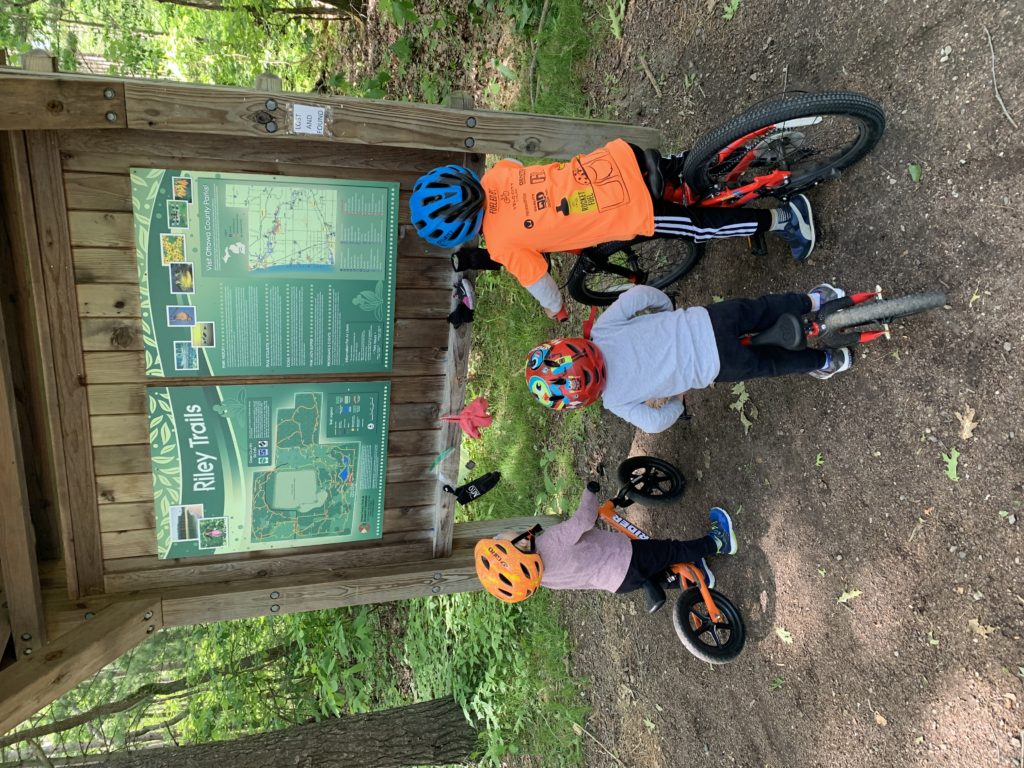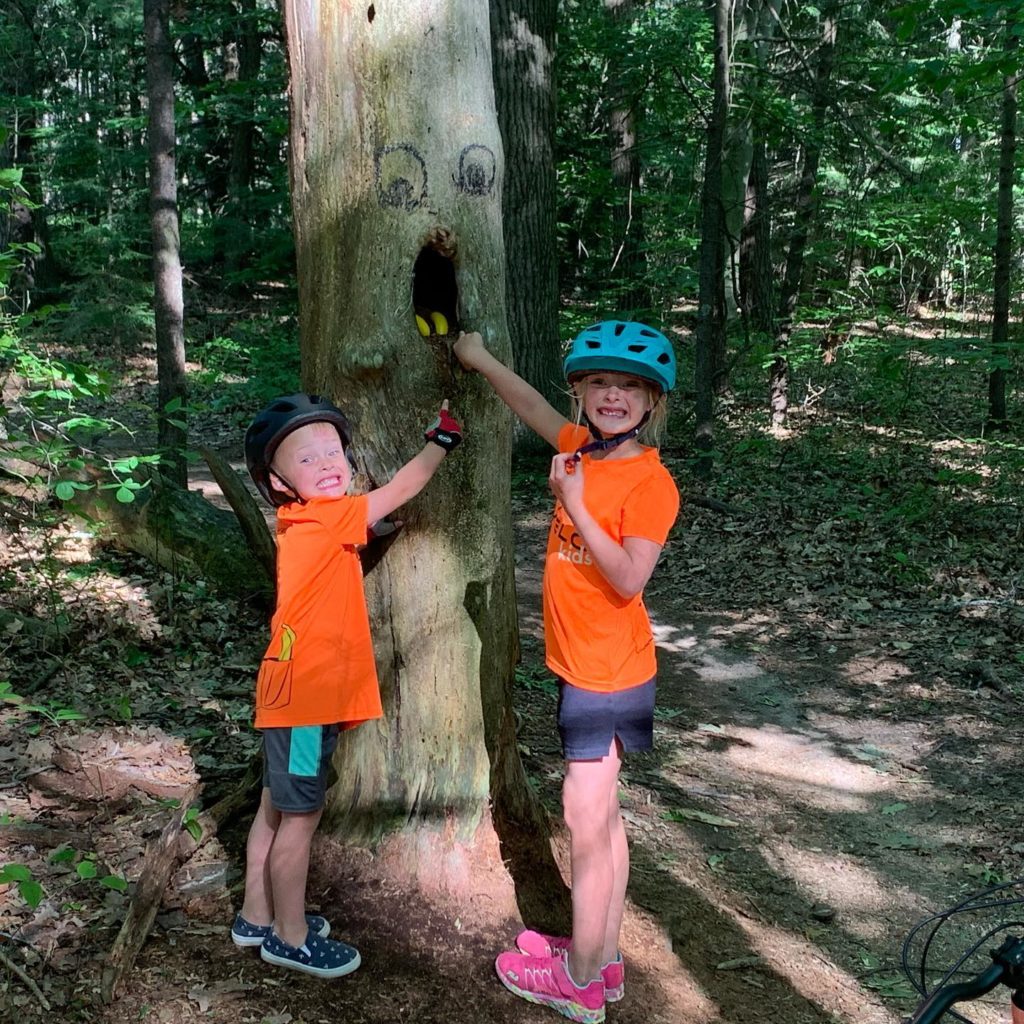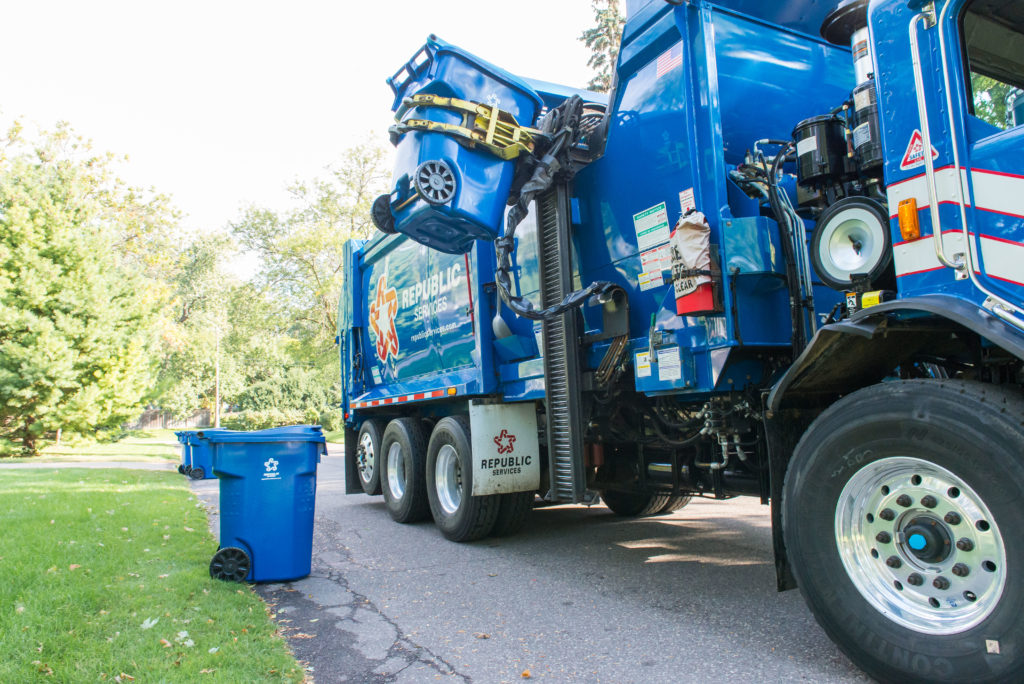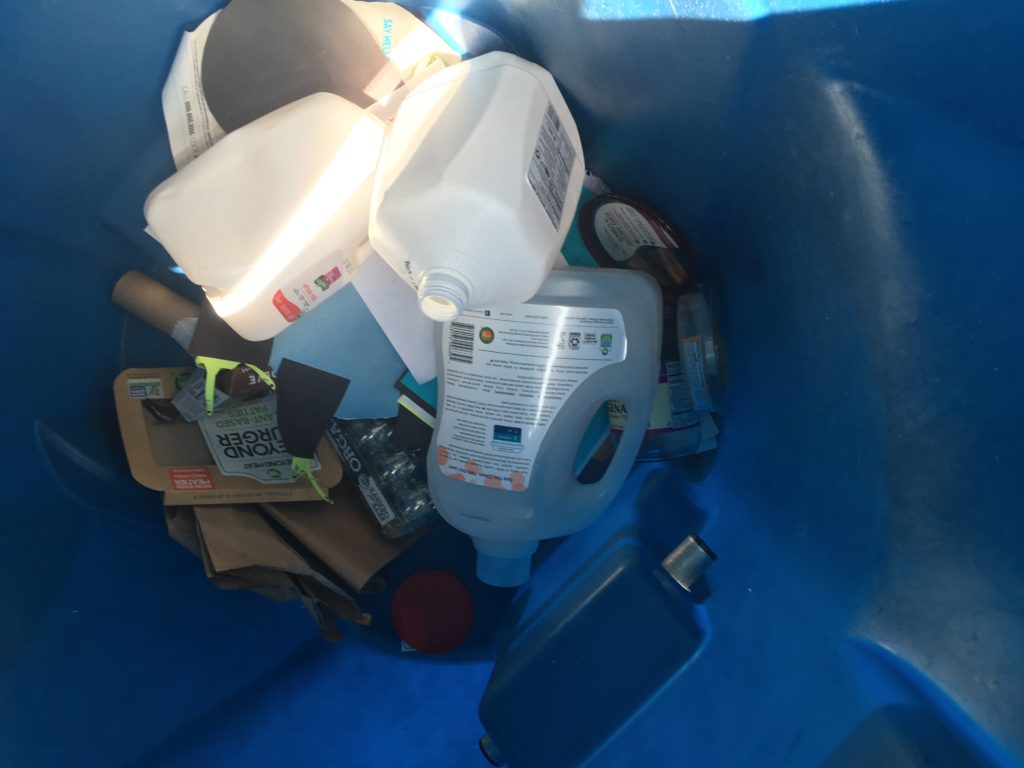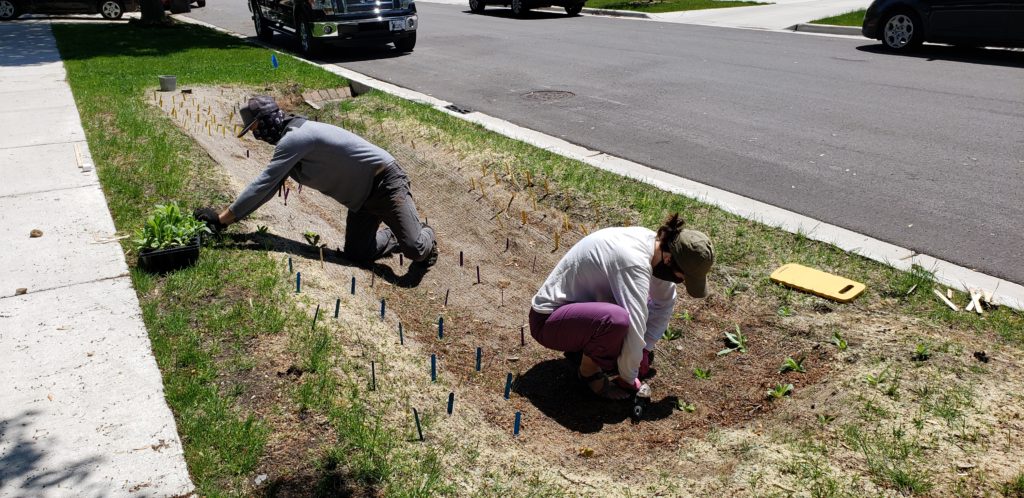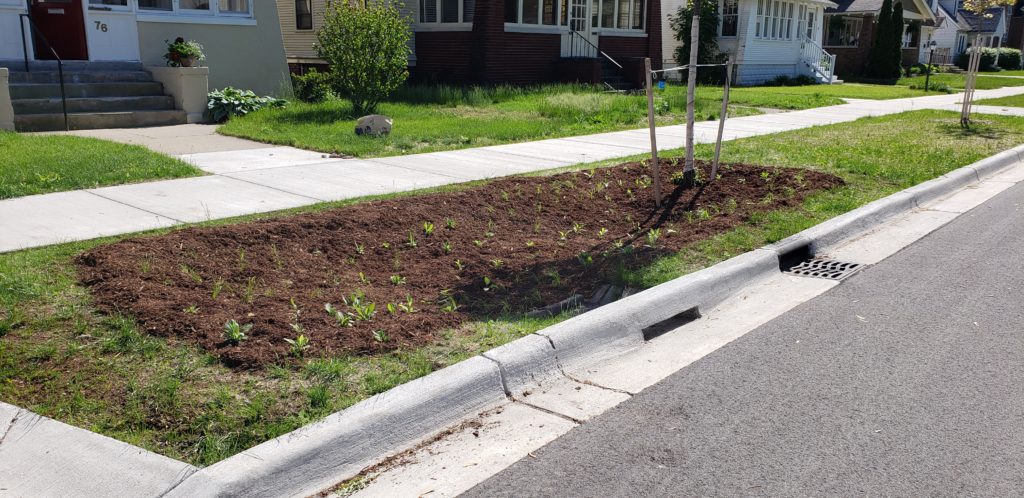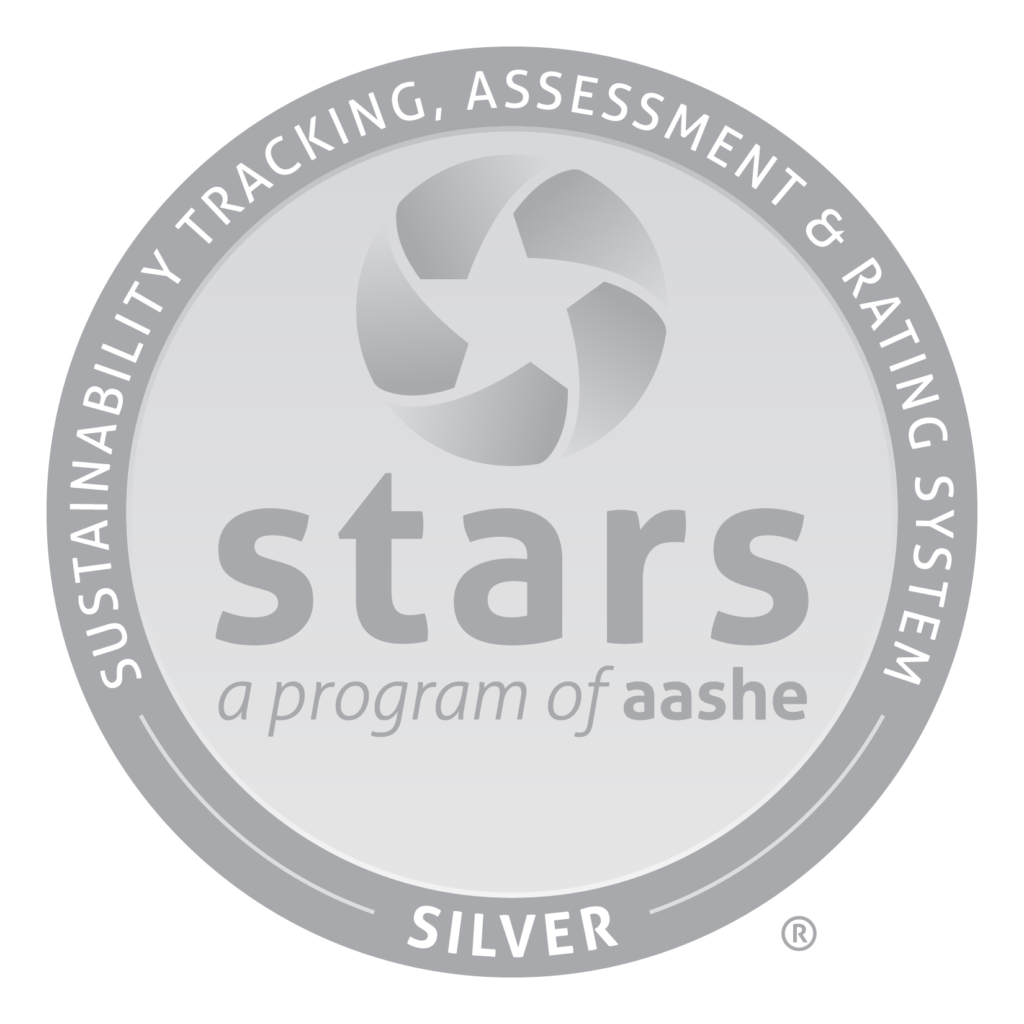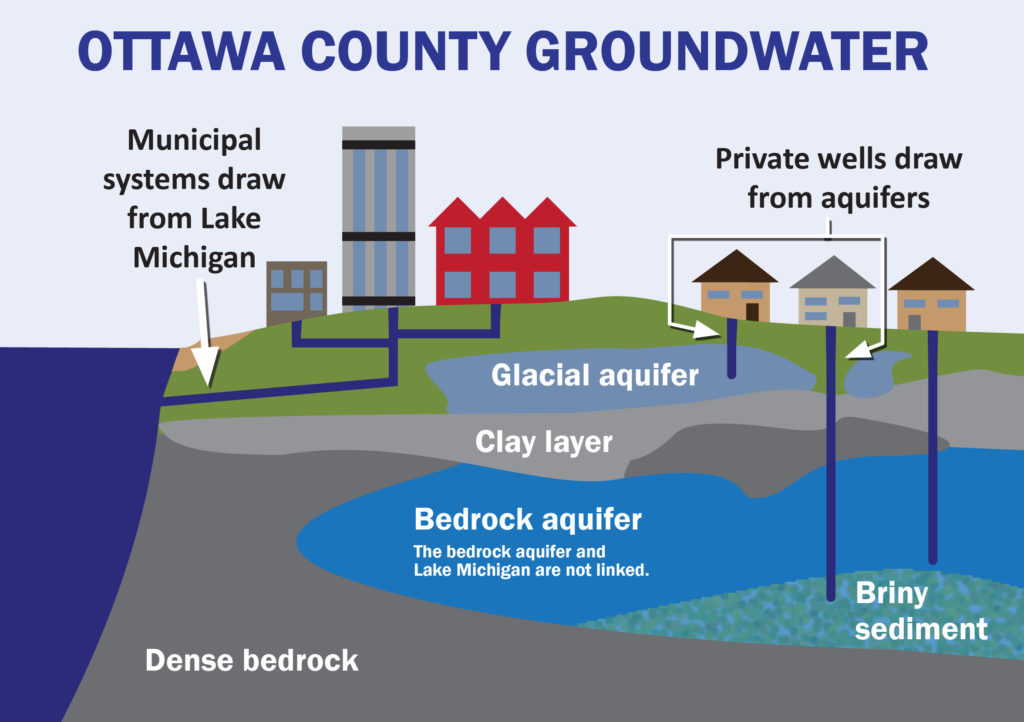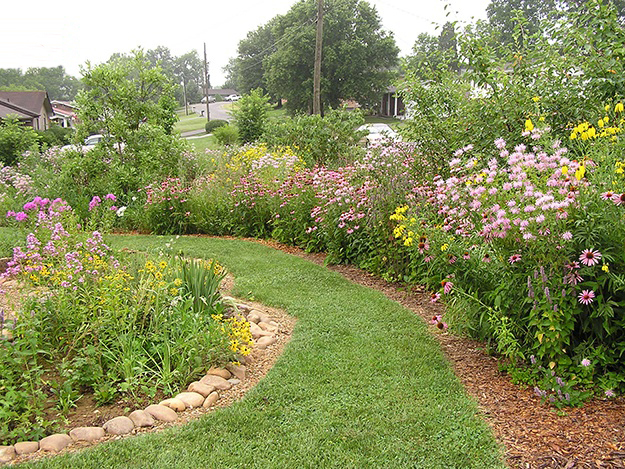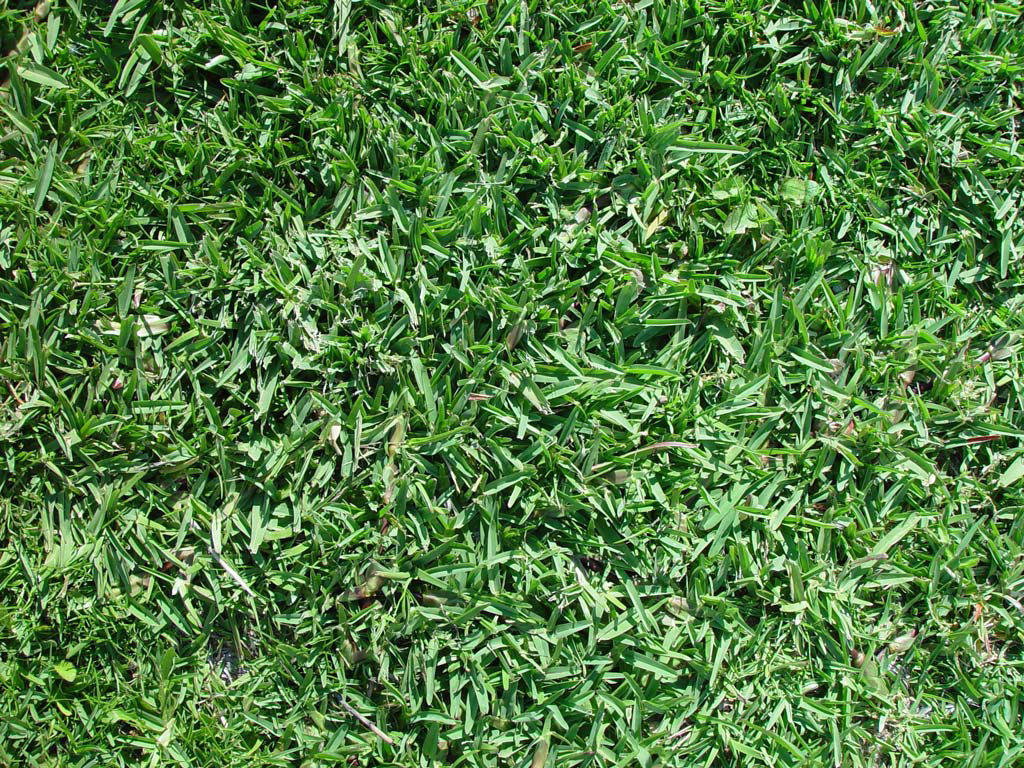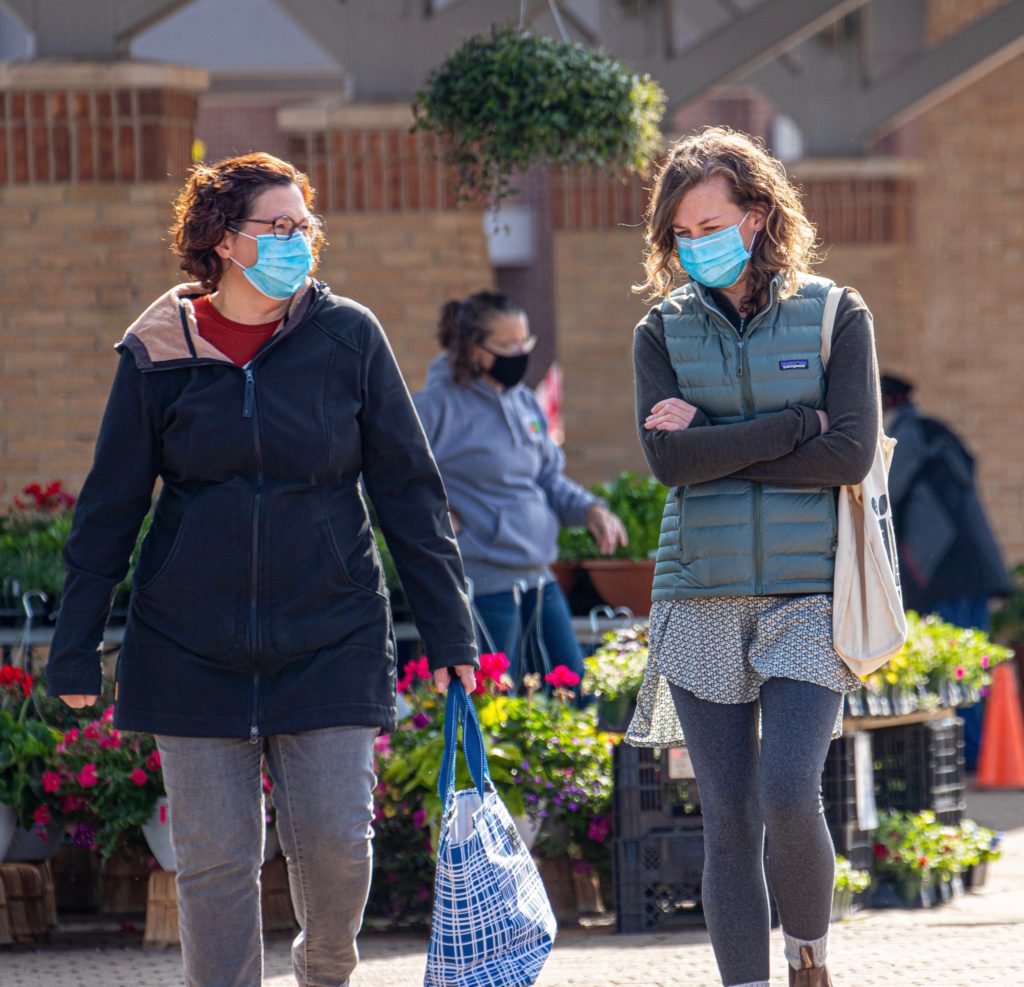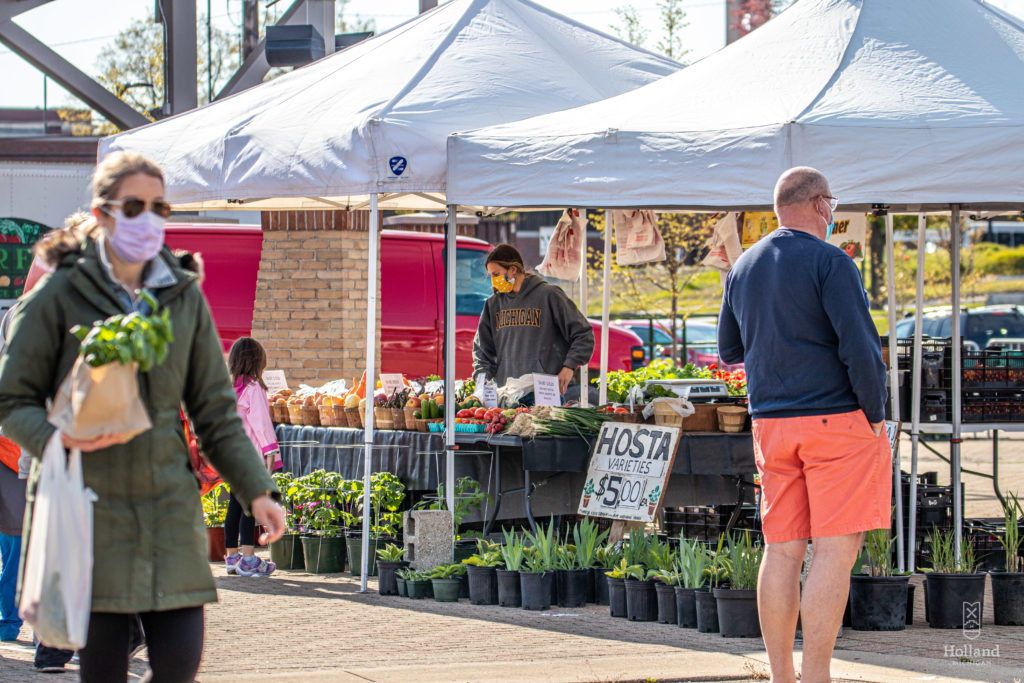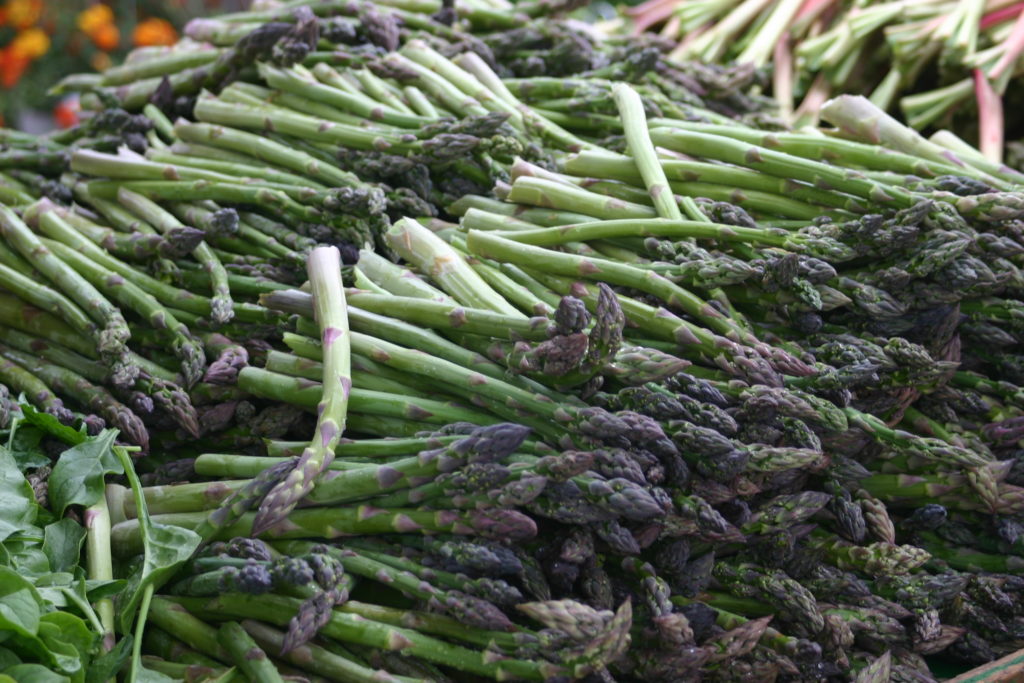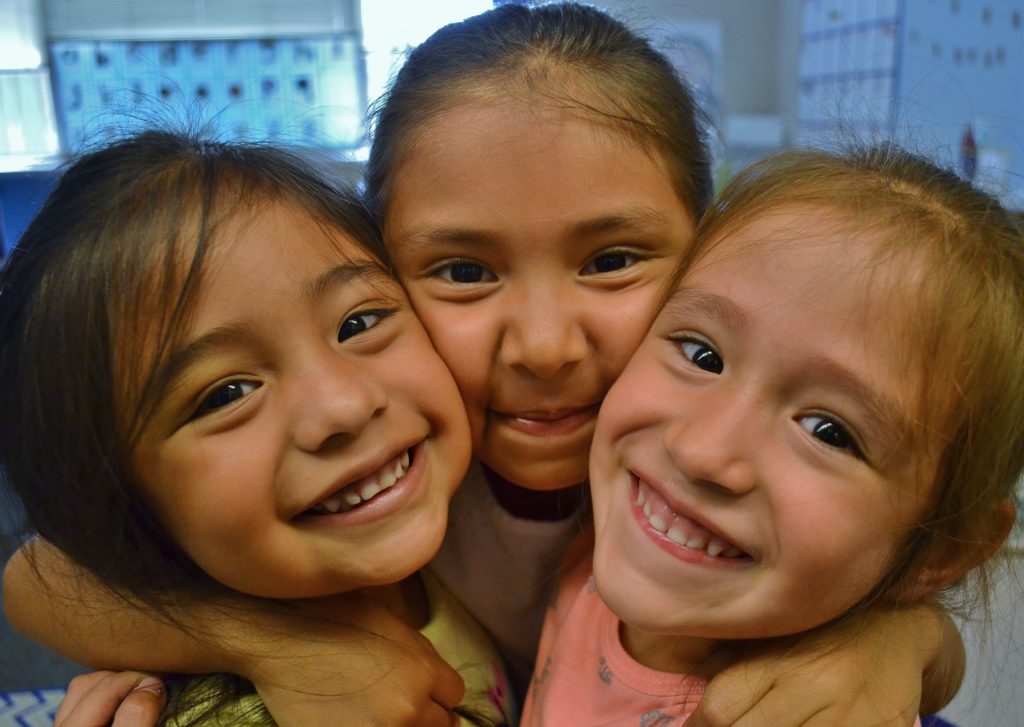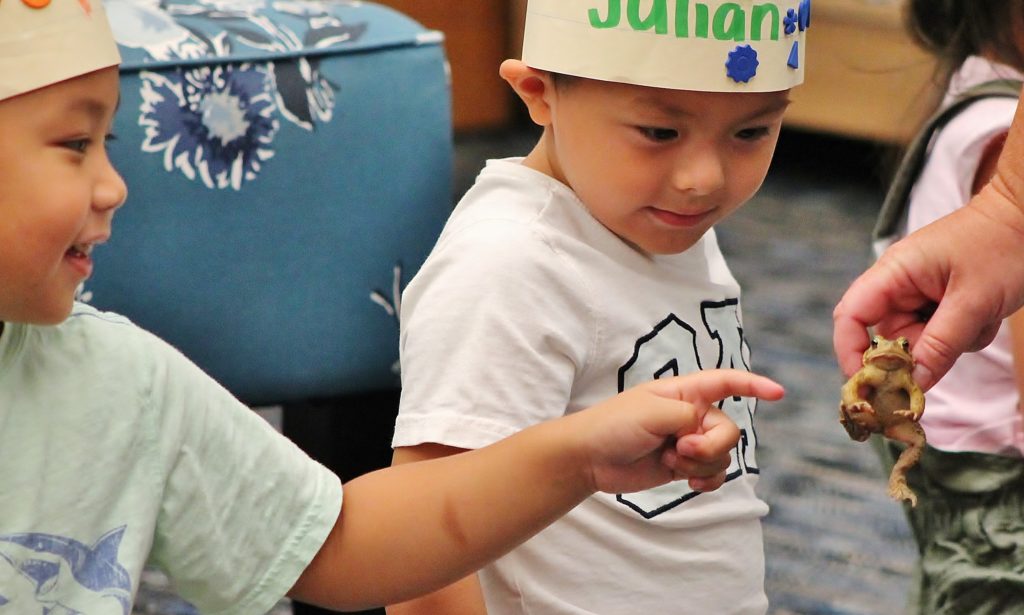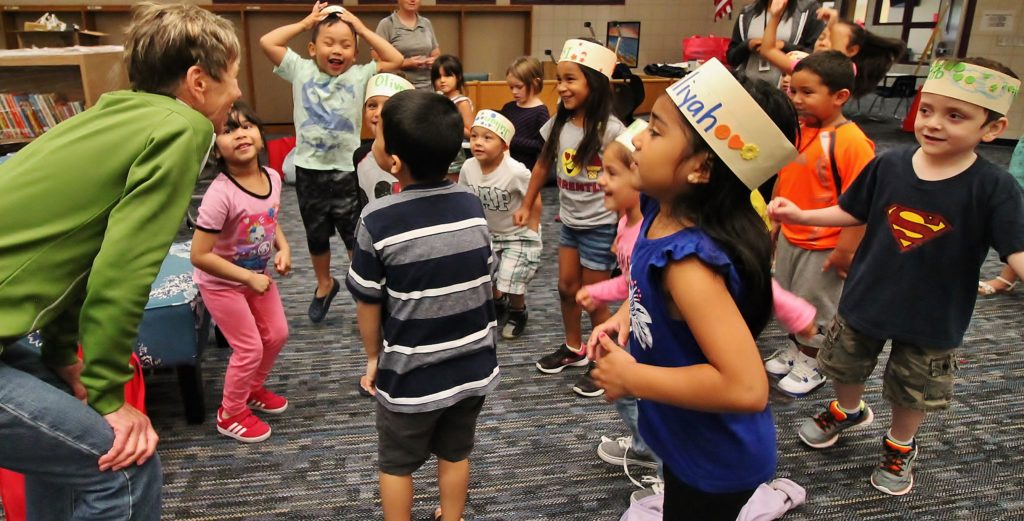By Ken Freestone, Holland Residential Energy Advisor
Do you know if your home is healthy, safe and energy efficient? During times of isolation in our homes – like the COVID-19 pandemic – we may encounter negative environmental conditions that we didn’t realize prior to being in our homes for extended periods.
With health safety precautions well engrained in daily lives, what changes have you made in your home to make it healthier? What conditions either improved or declined? Have you evaluated energy usage? Have you received a free Home Energy Audit through the City of Holland? Besides identifying energy inefficiencies, home audits also investigate health, safety and comfort.
The Home Energy Retrofit program and other city programs help residents of Holland with resources to pursue healthier, safer and more efficient homes.
The Holland Home Energy Retrofit program is going into its fifth year. The amount of work accomplished, the great improvements made, and the investment in energy efficiency has all been incredible.
In four years, investments of approximately $4.05 million have been made by owners of about 250 homes. That has led to savings of approximately 25 percent in utility costs and about a 35 percent reduction in home leakiness. The Holland Energy Fund has provided $496,000 in grants to homeowners for energy upgrades and retrofits. It’s also an investment in local jobs for contractors, healthier homes, energy savings, and financial savings for homeowners.
Improvements have included, in order of energy-saving importance: Air-sealing leaks and cracks; insulation of attics, basements and walls; appliance replacements; HVAC upgrades; and windows and doors. Also, critical measures have improved ventilation, replacement of knob and tube wiring, and mitigation of mold, asbestos and lead.
Now, COVID-19 stay-home guidance has added a new emphasis on home energy efficiency, health and safety. Did you find spaces in your home that were too cold in the spring or too hot now? Or experience high humidity, poor ventilation, or high costs of gas and electric utilities? The Home Energy Retrofit Program can help homeowners address these issues.
Here are a couple of reactions from homeowners in the program:
“My two-story home is practically the same temperature on each floor. In past years, we had window AC units running all summer to keep the upstairs comfortable. Now our new AC unit keeps the whole house comfortable and uses 25 percent less electricity.” – PW, Holland Heights.
“Thanks to super air-sealing our basement and replacing leaky, inefficient basement windows with glass block windows, our dehumidifier gets emptied every three days. Before the retrofit we used to empty it 2 times per day.” – WF, Holland Heights.
Here are some of the resources available to homeowners as well as landlords with up to four-unit buildings: Free home energy audits through the city’s certified contractors; low interest loan options for qualified homeowners; grants toward energy efficiency upgrades; HUD funds for income qualified households; rebates from Holland BPW and SEMCO; and free no-obligation advice from the residential energy advisor and community development specialist.
Finally, here are some things a homeowner can do:
Visit the city’s Home Energy Retrofit page for a home self-assessment guide and list of questions to get a baseline of efficiency.
Consider scheduling a free Home Energy Assessment from one of three certified contractors.
Contact the residential energy advisor at 355-1364 to discuss available resources and get answers about the health, safety, comfort, and efficiency of your home. Virtual and in-person meetings are available.
Watch for videos coming soon on the city website about DIY projects for homeowners.
These projects will help homeowners understand the whole house as a system and help address reasonably easy projects that have significant impacts.
Contact your utility provider to see what resources are available to every customer, such
as rebates, SEMCO Bonus Rebates, giveaways of energy conservation products (lightbulbs, water saving devices, etc.), appliance recycling, and energy tips.
The well-being of your family and your resources are critical. Starting at home is a good way to help your family be safe, comfortable, energy efficient, and healthy while increasing the value of your home investment.
City of Holland Homeowner Checklist
Ken Freestone is the residential energy advisor for the City of Holland’s Home Energy Retrofit program.
This Week’s Sustainability Framework Theme
Smart Energy: We need to use both conservation and efficiency to manage our energy resources smartly.
ABOUT THIS SERIES
Living Sustainably is a collection of community voices sharing updates about local sustainability initiatives. It is presented by the Holland-Hope College Sustainability Institute, a joint project of Hope College, the City of Holland and Holland Board of Public Works. Go to www.hope.edu/sustainability-institute for more information.


